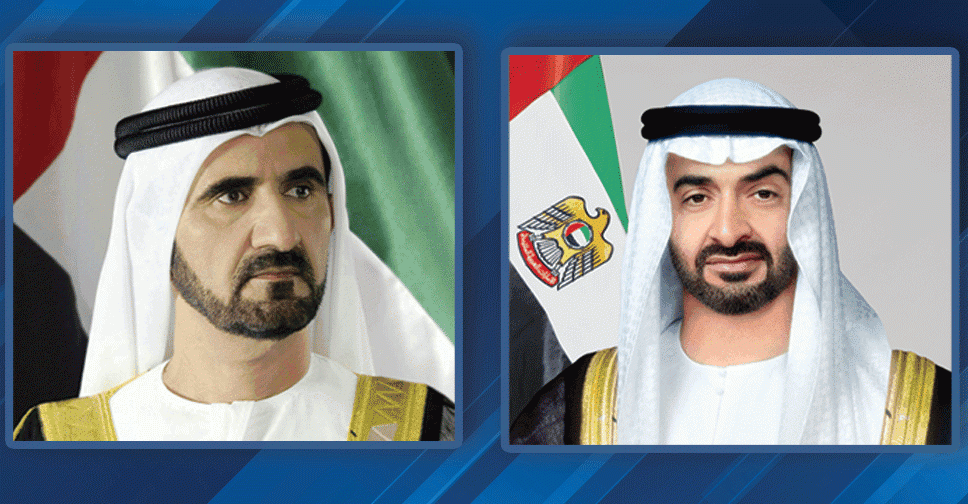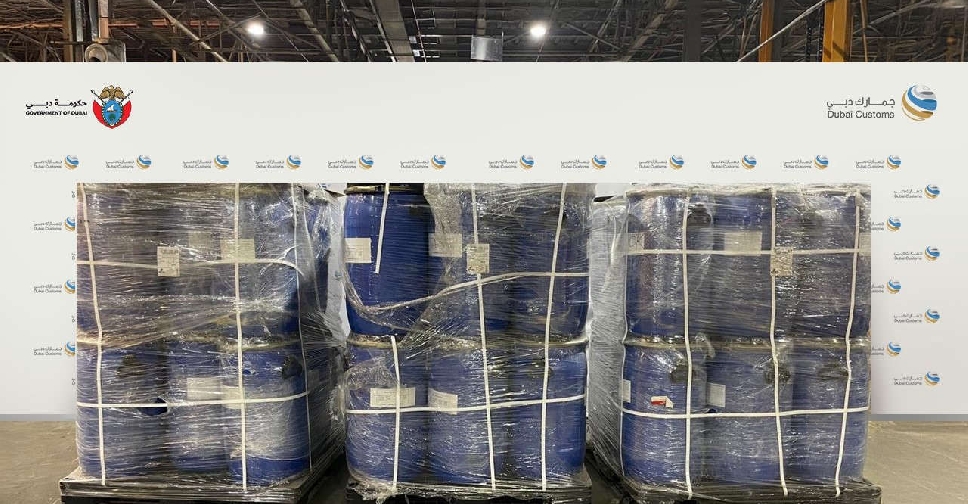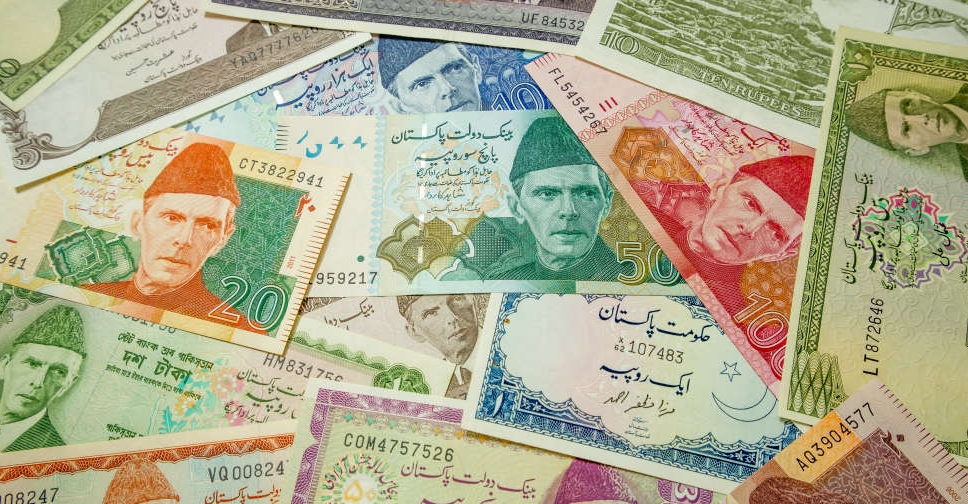
Pakistan's central bank on Monday held its key interest rate at 22 per cent as expected for a sixth straight policy meeting as inflation risks continued to loom.
The decision was in line with the expectations of a majority of analysts, although most are also expecting rate cuts from the second quarter of this year.
The bank said that although the inflation rate had eased in February, it remained high and subject to risks.
"This warrants a cautious approach and requires continuity of the current monetary stance to bring inflation down to the target range of 5–7 percent by September 2025," the State Bank of Pakistan's (SBP) monetary policy committee said in a statement.
Monday's policy decision is the last ahead of the April expiry of a $3 billion standby arrangement with the International Monetary Fund.
Pakistan's key rate was last raised in June to fight persistent inflationary pressures and to meet one of the conditions set by the IMF for securing the critical bailout.
The bank noted the improved inflation figures in February, when the country's consumer price index rose 23.1 per cent year on year, its slowest since June 2022, partly due to the "base effect".
But it noted that "going forward, any further adjustments in administered prices or fiscal measures that may push prices up pose risk to the near and medium-term inflation outlook.
"Cognizant of these risks, the Committee assessed that it is prudent to continue with the current monetary policy stance at this stage," the statement added.
In its last decision in January, the central bank had raised the average inflation forecast for the fiscal year ending in June to 23 per cent-25 per cent, from a previous projection of 20 per cent-22 per cent, due to rising gas and electricity prices.
Inflation hit an all-time high of 38 per cent in May last year, driven partly by new taxation measures imposed to comply with IMF's demands for a rescue programme that helped the nation avert a sovereign debt default.
 Aviation sector contributes $4.1 trillion to global economy
Aviation sector contributes $4.1 trillion to global economy
 Paris AI summit draws world leaders
Paris AI summit draws world leaders
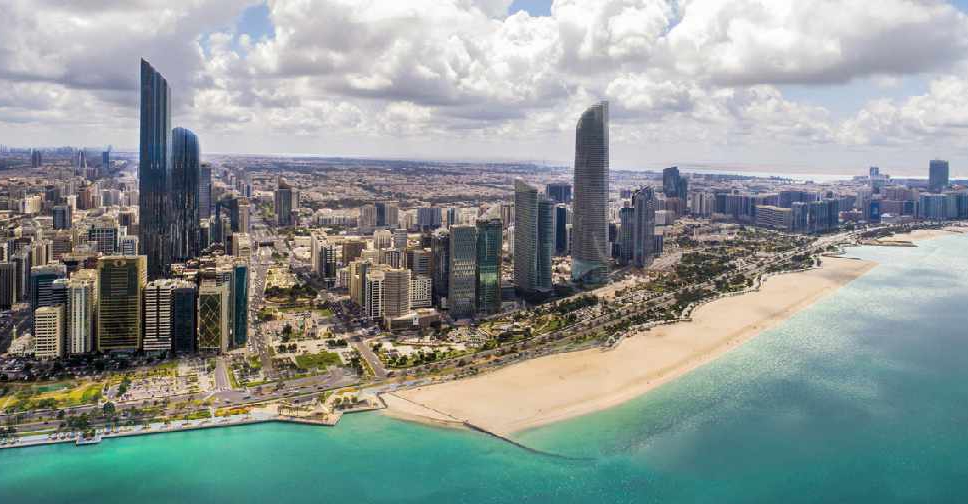 16% growth in new economic licences in Abu Dhabi during 2024
16% growth in new economic licences in Abu Dhabi during 2024
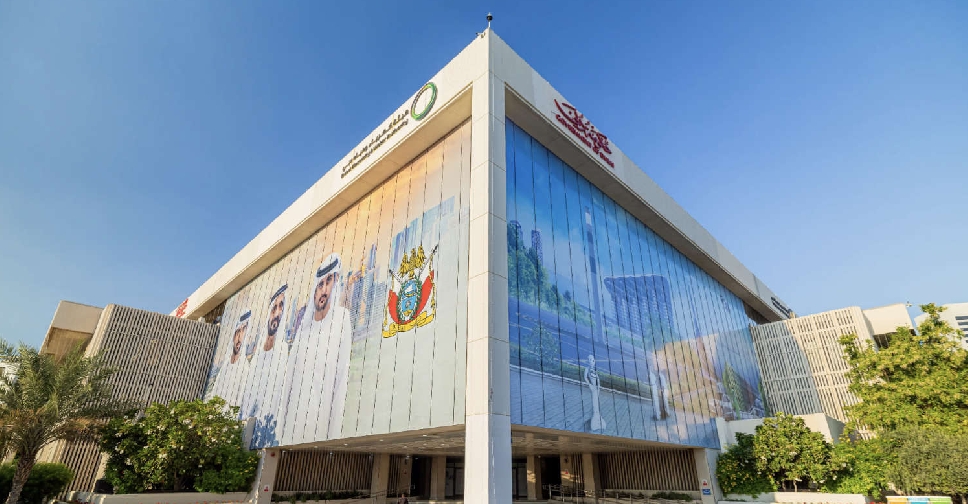 DEWA updates billing on water consumption
DEWA updates billing on water consumption
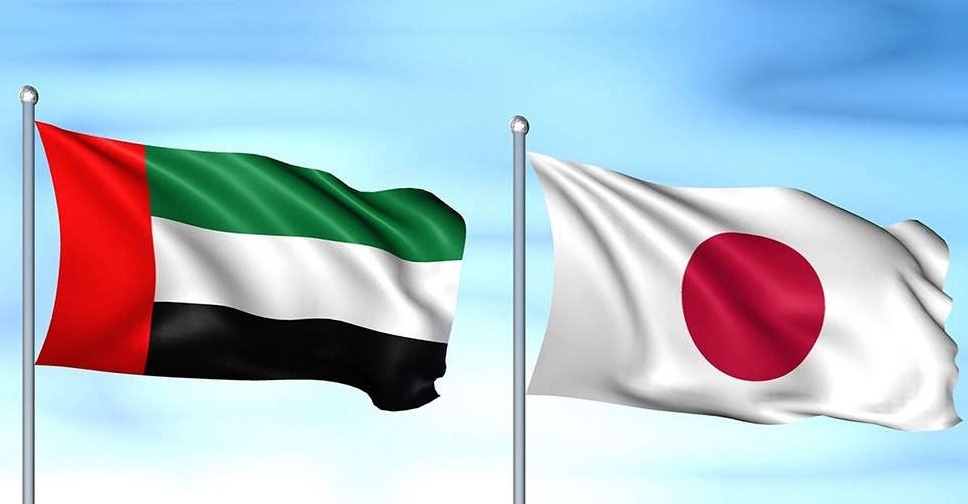 UAE, Japan to complete CEPA by end of year
UAE, Japan to complete CEPA by end of year
